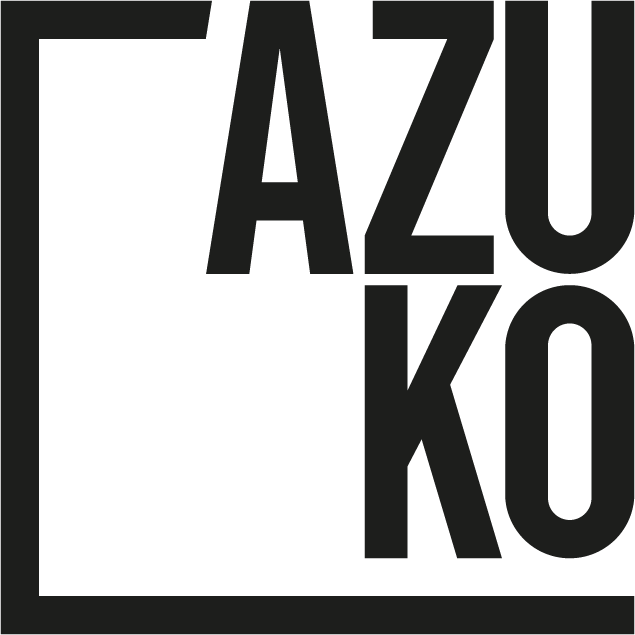As of 12th October, official reports show 379,738 confirmed coronavirus cases in Bangladesh and 5,555 related deaths. It ranks 16th most affected country in the world. However, the situation in-country feels very different. The cost of coronavirus tests and the potential implications of being seen as ‘COVID-positive’ mean many go untested. We don’t know the true scale or spread of the virus.
But coronavirus is just one of the many challenges people are facing. Lockdown has resulted in extreme food shortages. Labourers rely on their daily wage to put food on the table. Without work, there is none. There’s been violence between police and communities. Child abuse has increased and we’re seeing a serious impact on mental health.
In May, super-cyclone ‘Amphan’ hit the coast, travelling north across the country. 10 million people were affected, 330,000 houses damaged and 55,600 destroyed. People had to choose whether to stay in their homes and brave the cyclone or find a shelter and stand shoulder-to-shoulder with 1,500 people, at a time when they were being told to social distance. At least 100,000 people were displaced and forced to stay on embankments. 118 people lost their lives.
Reports estimate damage to electricity grids, schools, bridges, embankments, roads, drinking water sources, and community infrastructure, at a cost of £130 million.
Then, as communities began to rebuild after Amphan, the monsoon rains came and didn’t stop. In June, another tragedy hit. The mighty Brahmaputra River burst its banks, submerging up to 37% of the country. Nearly a million homes were inundated, affecting 4.7 million people. At least 135 have died, most of them children.
Coronavirus, Amphan and monsoon have collided to create complex crises, the effects being felt most heavily by the poorest, particularly those in the informal sector. These ‘black swan’ events are no longer once-in-a-lifetime challenges, but increasing in number and severity.
I recently heard the term ‘Project Everyone’ referring to the Sustainable Development Goals, SDGs (the global commitment to peace and prosperity for all). It has never felt more true and more necessary. Governments, public, private and third sectors, we all need to contribute. The road to recovery in Bangladesh is long, the road to an equitable world much longer.
AzuKo will continue to serve those who are disproportionately affected by coronavirus. We exist to ensure they do not fall further in between the cracks.
So far we have:
delivered vital hygiene supplies to 2,990 families without access to the basics – soap, sanitiser, disinfectant, face masks and other PPE
reached over 27,000 with our virus prevention campaign (sharing information for how to keep safe) via audio rickshaws, leaflets and community banners
trained our frontline staff, volunteers and heads of 14 wards in best practice, including hand washing techniques and dispelling COVID myths and rumours
provided protective equipment (PPE) for our frontliners
Thank you to all our supporters who continue to make our work possible. It has been a challenging few months but we march on, determined to play our part.
Author: Jo Ashbridge




